Press play to listen to this article
Emmanuel Macron may be the favorite in next year’s presidential election, but that doesn’t mean his path to reelection will be without obstacles.
The opposition still hasn’t recovered from the way Macron shattered the political establishment in 2017. And while his most powerful challenger, far-right leader Marine Le Pen, is performing well in the polls, French voters have proved willing to hold their noses in the second round and vote to keep her out of power.
Still, the French have made it clear in the last two elections that being the incumbent is not necessarily to a candidate’s advantage. And with the coronavirus crisis still raging, and a recent resurgence of Islamist terrorism, Macron will have to work hard to retain his seat in the Elysée presidential palace.
If he’s going to win again, the French president will have to …
Get the vaccination campaign back on track
France’s vaccination efforts started off badly, with the country lagging behind most other EU countries in rolling out the jabs. If the French government appears to be failing in the fight against the coronavirus, discontent could quickly rise.
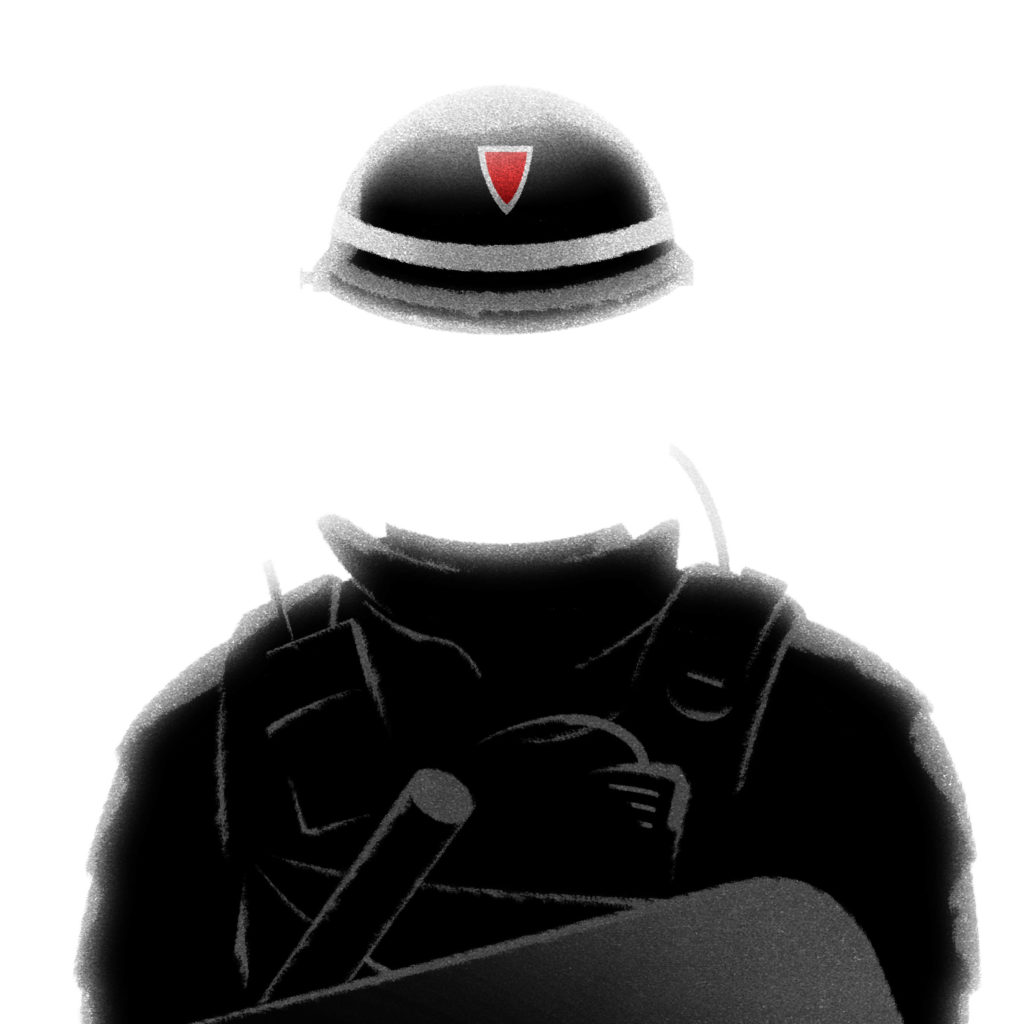
Defuse tensions around the security bill
A controversial security bill that would have banned sharing photographs of police officers “with the manifest aim to harm” led to weeks of protests in December, with the press up in arms. The bill will soon be back in parliament, where the majority has committed to overturning its most contentious provisions. With debate growing about the way the police handle protesters, especially racial minorities, the file remains explosive.
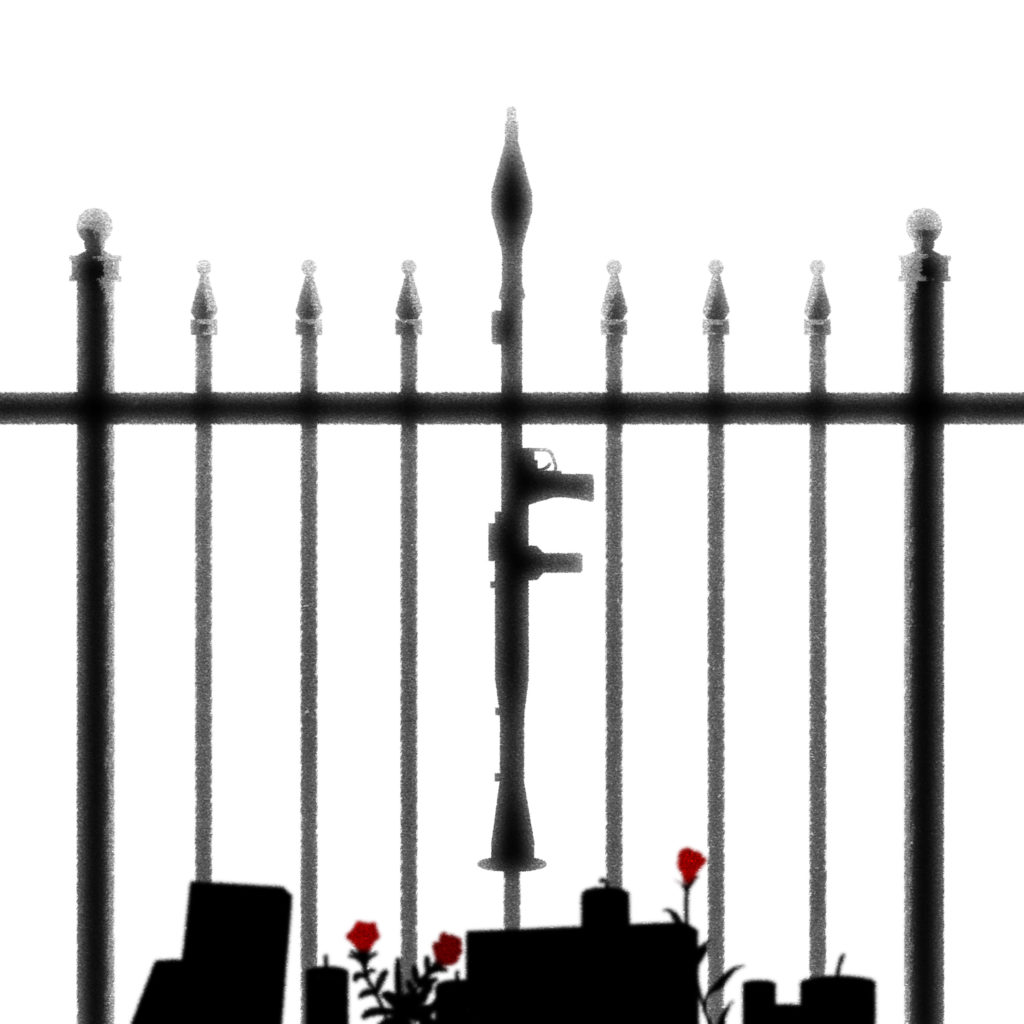
Fight radical Islam
After a wave of terror attacks in the fall, Macron vowed to fight terrorism and radical Islam with renewed intensity. A bill drafted to that purpose is currently being debated in parliament. The bill includes stricter control on religious associations and strengthens controversial French rules on the wearing of religious garments such as headscarves. The president is also walking a tightrope on the international front, having faced intense backlash from Muslim countries for standing by French secularism, and its defense of free speech, in the wake of the terror attacks.
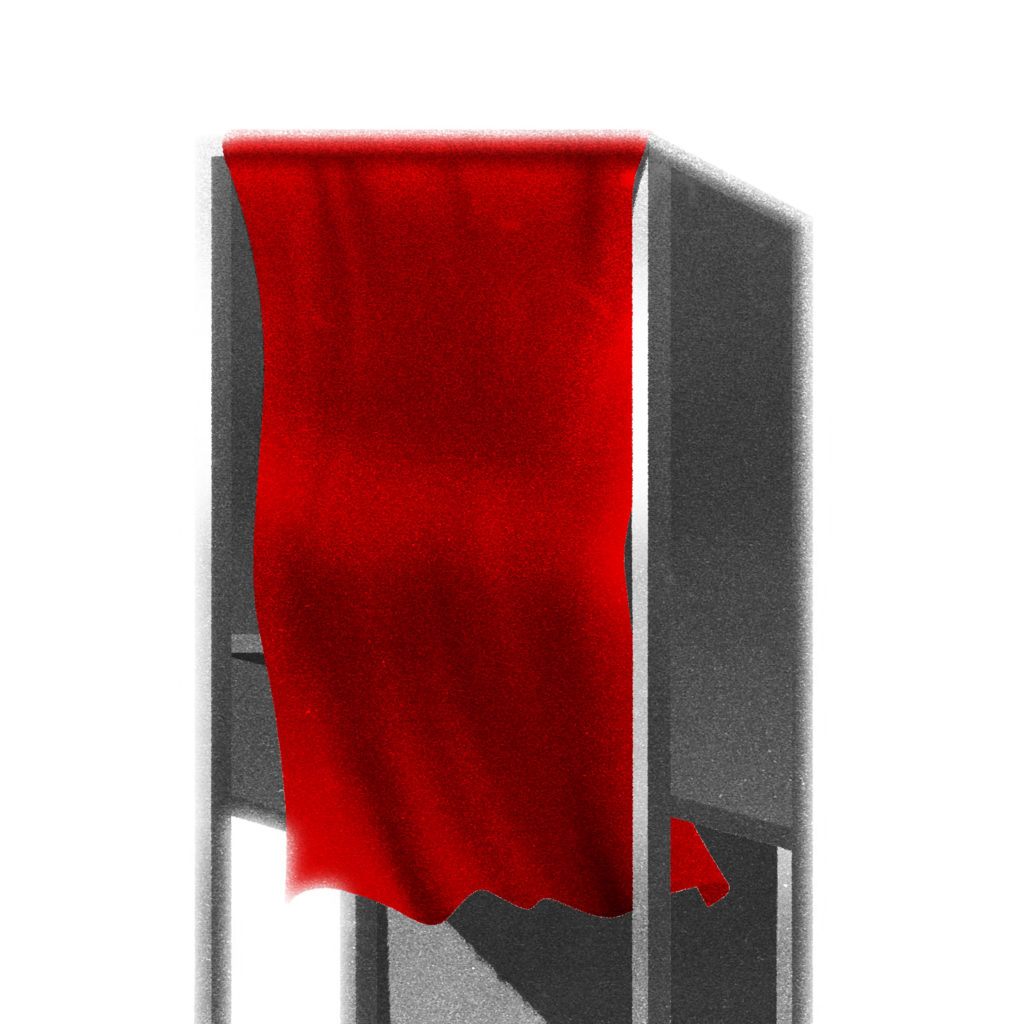
Do decently at the regional elections
Elections to pick the heads of the 26 French regions, planned for June, will mark a political milestone just a year ahead of the presidential election, with challengers to Macron such as the conservative regional president Xavier Bertrand in the running. Macron’s party, largely created from scratch in 2017, hasn’t performed well in local elections, where its opponents enjoy entrenched party structures. It faced serious setbacks in mayoral elections last year, when a Green wave swept through parts of the country.
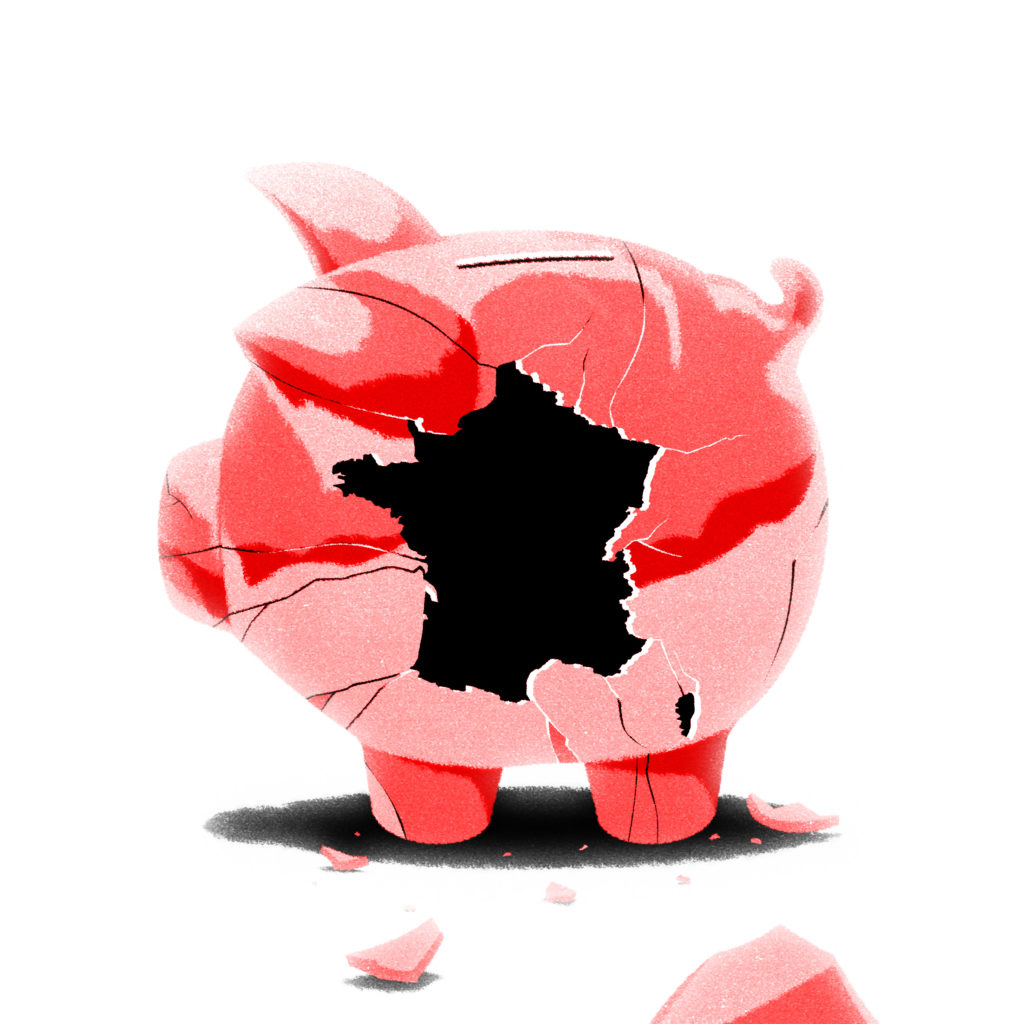
Reboot the economy
All eyes will be on unemployment figures and the state of the economy in the lead-up to the presidential election, with the effects of the prolonged coronavirus crisis expected to hobble many sectors. Part of Macron’s popularity will depend on the impact of his government’s recovery plan.
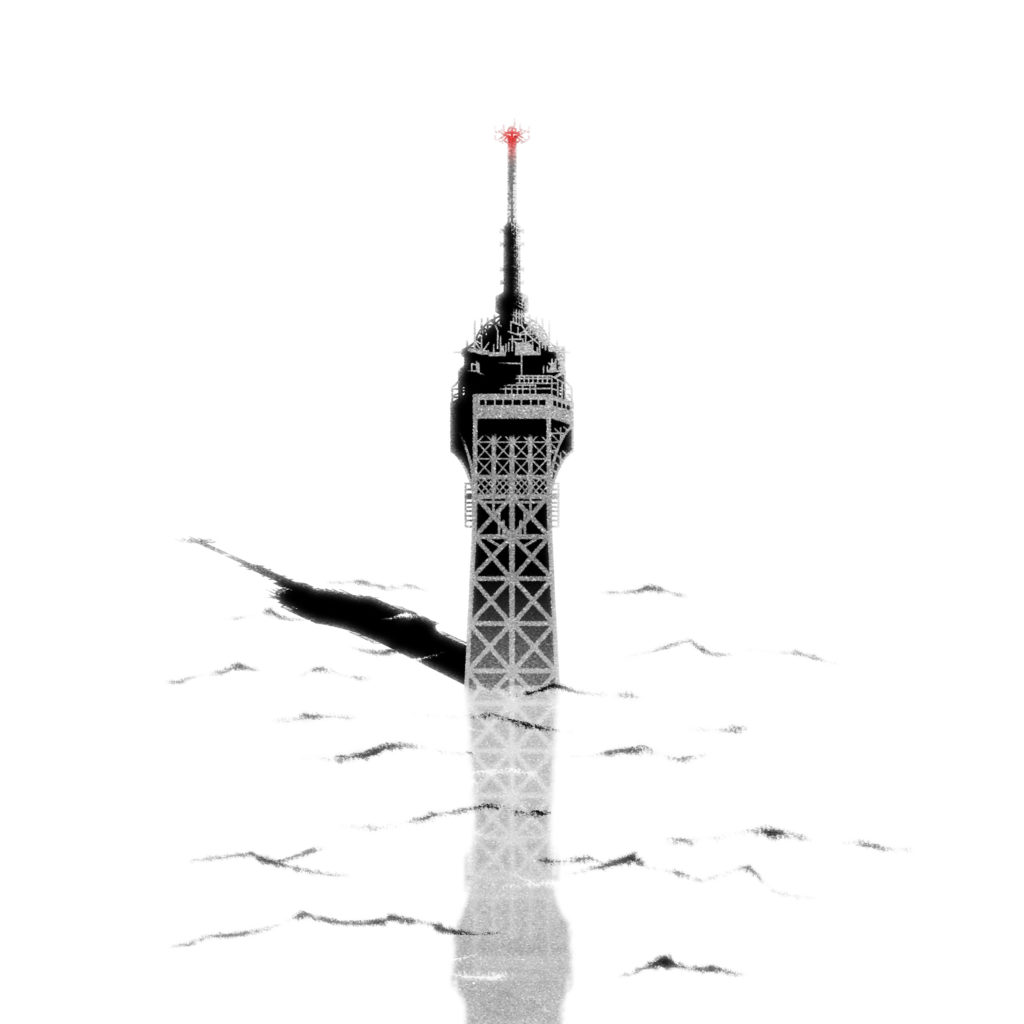
Polish his green credentials
The French government introduced this week a climate bill that includes input from France’s experimental Citizen’s Climate Convention, a response to the Yellow Jackets crisis that involves a group of ordinary citizens being asked to help come up with the country’s green policies. Macron has also promised a referendum on whether to embed a requirement to protect the environment in the constitution. While the move is relatively low risk, it could backfire if the parliament was to water down the proposed referendum or if support turned out to be lower than expected.
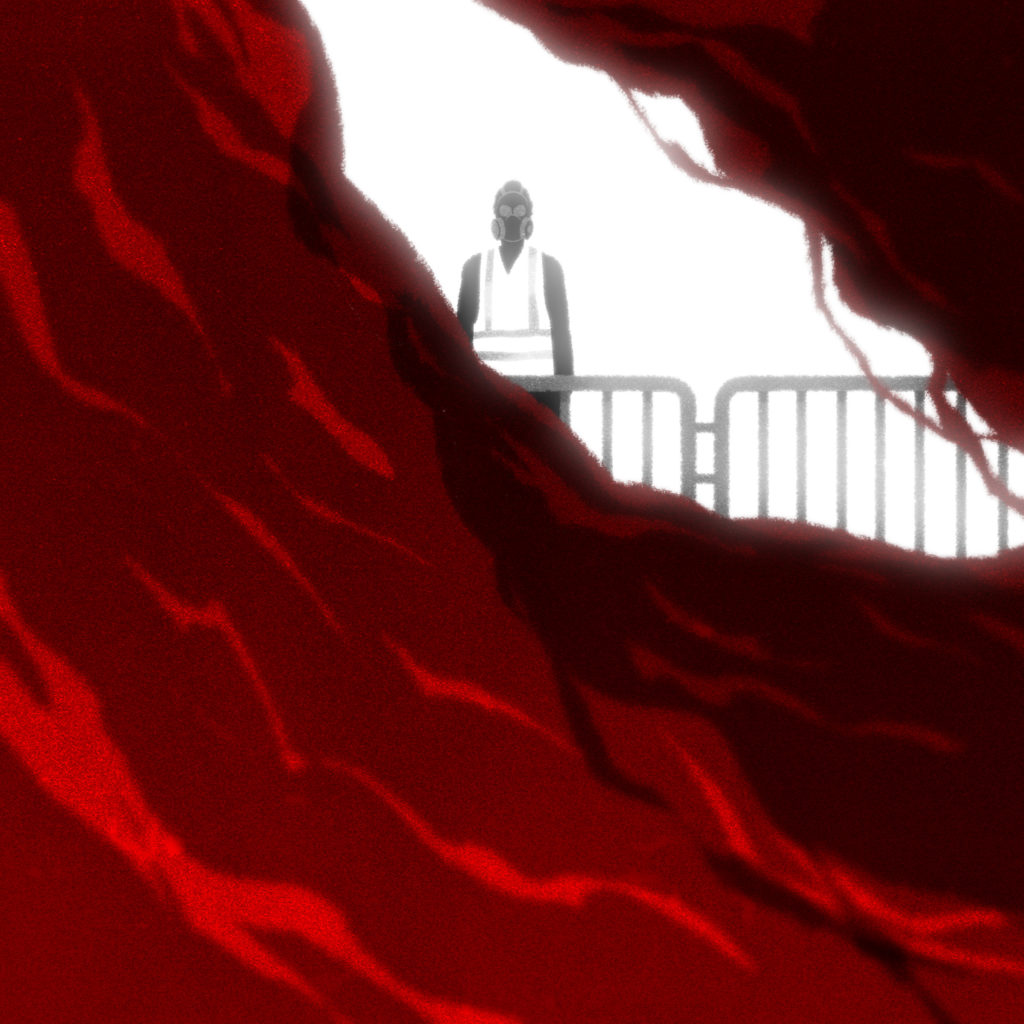
Manage social unrest
After nearly a year of successive lockdowns and a bleak economic forecast, there’s a feeling in France that a new wave of Yellow Jacket-style protests cannot be excluded. Discontent with the French elite remains very much alive, and could quickly flare up again if, say, the government put pension reforms back on the agenda. The potential malcontents: blue-collar workers and the lower middle class generally, teachers, pensioners, the list goes on …
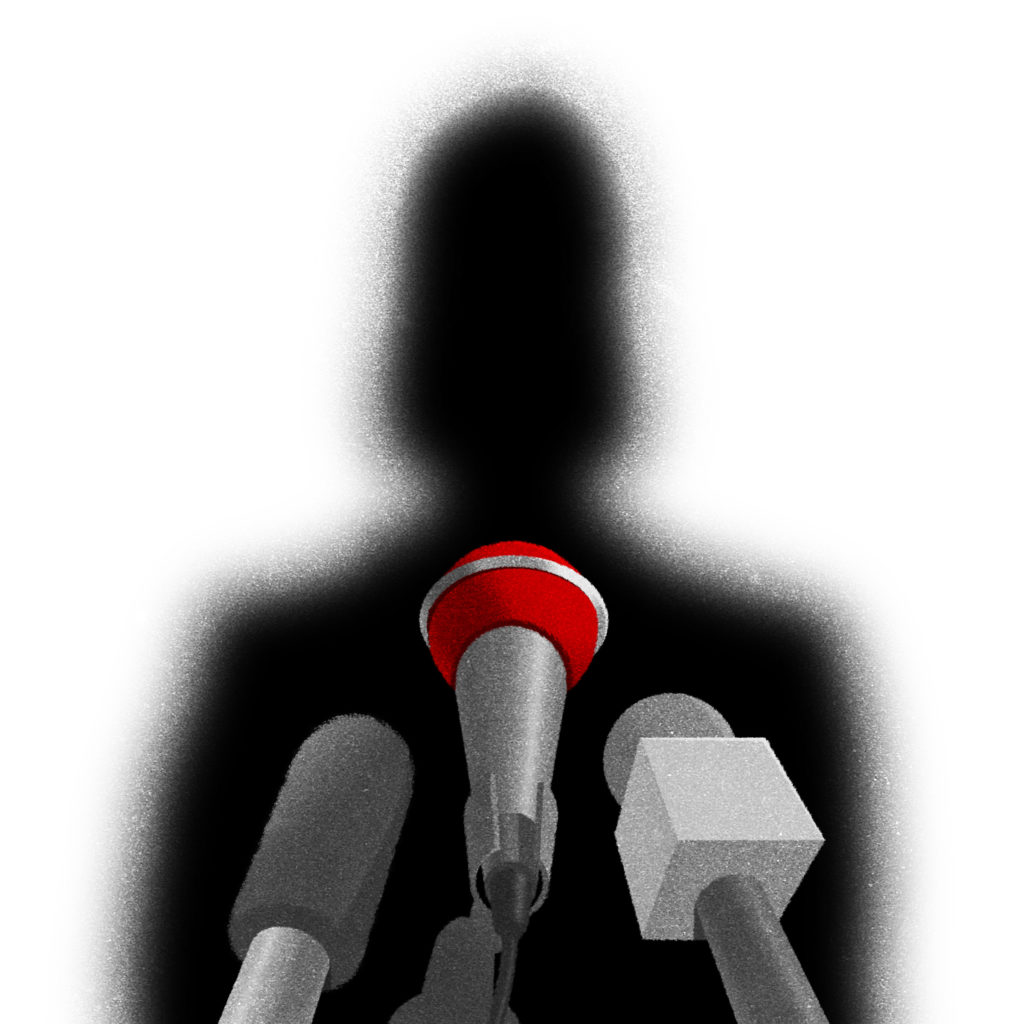
Fend off a surprise challenger?
One of Macron’s alleged greatest fears is the emergence of an “anti-system” candidate from outside the traditional political ranks, galvanized by online supporters. Figures like rogue doctor Didier Raoult, retired general Pierre de Villiers, TV host Cyril Hanouna or right-wing columnist Eric Zemmour have all been seen as possibly fitting the bill. And then, of course, there’s his longtime nemesis Le Pen, who despite two failed attempts has never taken her eye off the presidency.






